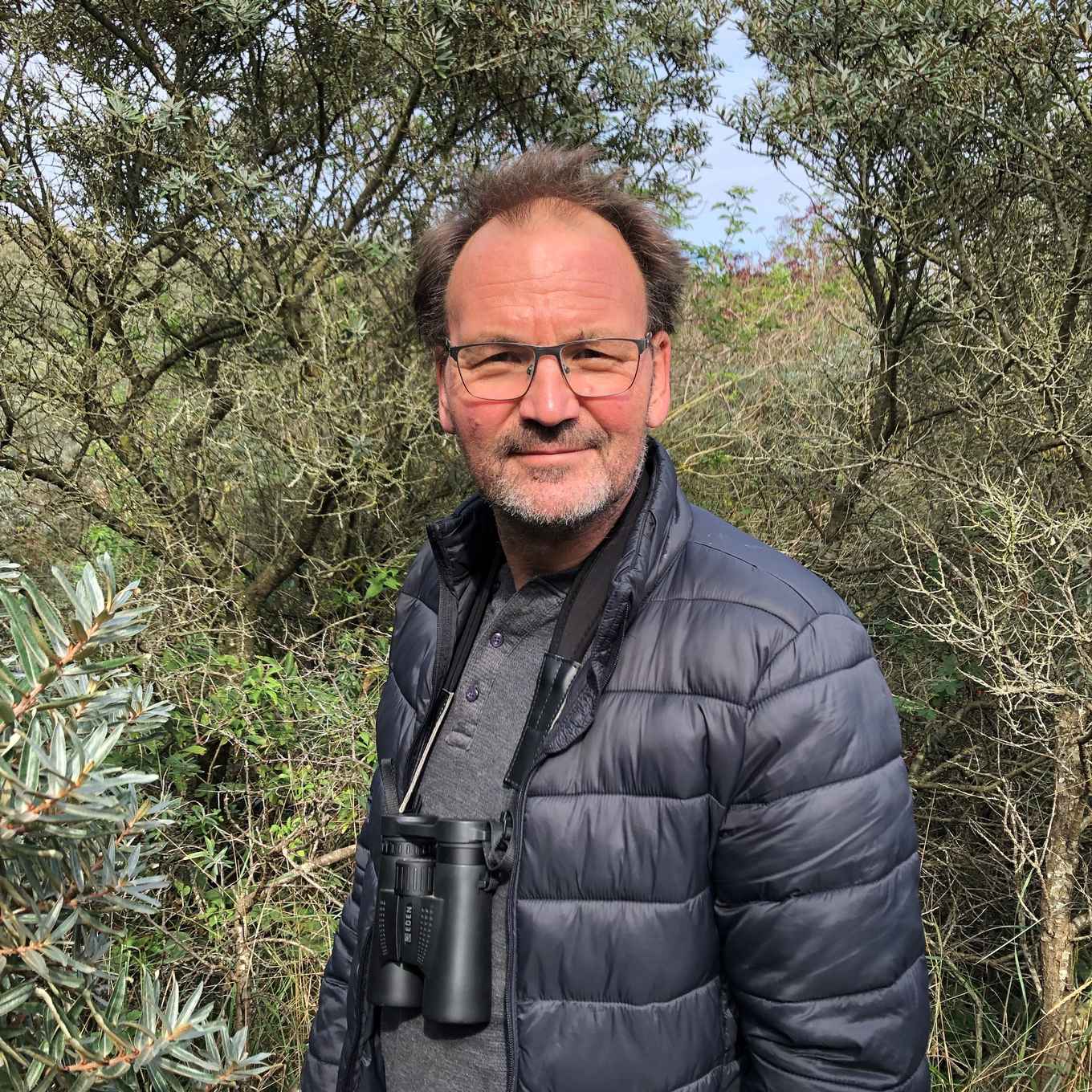King Carl XVI Gustaf´s Professorship in Environmental Science for Prof. André de Roos
11 December 2020

Professor in Theoretical Ecology André de Roos is a world-leading authority in theoretical ecology, in particular the study of the dynamics of food webs and ecosystems based on individual life histories. His work is innovative from a mathematical/methodological perspective and ground-breaking from an ecological and environmental science perspective.
Ecological modelling
De Roos has developed new modelling techniques and computer software, and has used these tools to generate ecological theory that is critical to understanding how effects of environmental changes on the life history of individual organisms translate into population and community dynamics. De Roos’ work is, for example, an important foundation for the study of how changes in metabolic rates in response to warming will alter population size and composition, and how these population responses will feed back on the evolutionary adaptation of individual physiology to warming.
De Roos is very much looking forward to his new appointment in Sweden: ‘I always have the impression that due to the proximity and also the overwhelming character of Swedish nature, ecological research is held in higher esteem there, also socially. Because a large part of the population goes into nature to fish, collect mushrooms or pick berries, there is also a natural interest in understanding how natural ecosystems function in general.’
Climate change
As recipient of the King Carl XVI Gustaf´s Professorship in Environmental Science, Prof. André de Roos will engage in research and teaching at the department of Ecology, and Environmental Science at Umeå University in Sweden. De Roos: ‘Within this research department there is a strong emphasis on unraveling the functioning of aquatic ecosystems. Climate change is especially in this northern environment going very fast. This means that the many lakes in the north of Sweden are exposed to a rapidly increasing input of organic matter, because the soil around the lakes thaws and there is thus more run-off of organic matter. One of the topics I will be working on is the effect of a shift from internal (due to algae and aquatic plants) to allochtonous (due to bacteria that convert the input of organic matter) productivity on the ecological community in lakes.’
About the King Carl XVI Gustaf´s Professorship in Environmental Science
The purpose of the Royal Guest Professorship is to create links between Swedish academic institutes and distinguished foreign researchers that are able to contribute to the renewal of Swedish environmental sciences. The professorship is part of The King Carl XVI Gustaf 50th Anniversary Fund for Science, Technology and Environment that was founded in 1996 to celebrate the 50th birthday of the Swedish King. The holder of the professorship receives a personal appointment letter from the Swedish King, and is appointed a one year residence in Sweden.